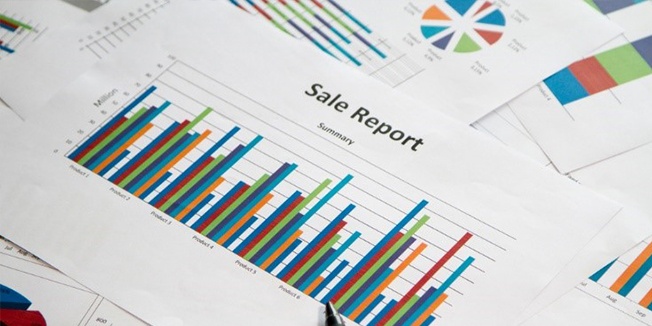Elizabeth Grew

 Since the U.S. Supreme Court ruling on June 21, 2018 that overturned the physical presence standard, most states have rushed to impose an economic nexus standard for remote sellers who meet a dollar or transaction threshold for sales made in the state.
Since the U.S. Supreme Court ruling on June 21, 2018 that overturned the physical presence standard, most states have rushed to impose an economic nexus standard for remote sellers who meet a dollar or transaction threshold for sales made in the state.
This means a seller who has not had a physical presence in a state may have to start registering, collecting and remitting sales tax if it meets the threshold in that state.
However, about a quarter of the states have established notice and reporting requirements that remote sellers may be subject to if they are not required to collect and remit sales tax in those states. Colorado was the first state to enforce use tax notice and reporting requirements for non-collecting retailers on July 1, 2017, in an effort to work around physical nexus standards and ensure buyers pay use tax when a seller does not collect sales tax. Now that states are adopting economic nexus standards, more states are likely to impose use tax reporting requirements on sellers who do not collect sales tax in their state.
What is “Notice and Report” for Sales Tax and Who Does it Affect?
In general, a State notice and reporting law requires remote retailers that do not collect sales tax to complete an onerous reporting requirement, which many states believe will lead these retailers to elect to remit sales tax instead.
The report requires the retailer to:
- Put a notice on the retailer’s website that use tax may be due on purchases
- With each sale made, to give the buyer a notice that use tax on their purchase might be due
- Deliver annual notices to customers exceeding the state’s threshold that reminds them that they may owe taxes, and
- Deliver an annual notice to the state with information about their customers’ purchases including name, address, date and amount of purchase.
States that Have Sales Tax Notice and Reporting Requirements
States that have notice and reporting requirements include Alabama, Colorado, Connecticut, Georgia, Iowa, Kentucky, Louisiana, Oklahoma, Pennsylvania, Rhode Island, South Dakota, Tennessee, Vermont, and Washington.
States with Alternative Use Tax Notice and Reporting Requirements Under Economic Nexus Provisions
Pennsylvania, Rhode Island, and Washington, as examples, have adopted detailed notice and reporting requirements with the alternative option of electing to register and collect sales tax under economic nexus provisions. In other words, remote sellers who meet the states thresholds must elect to either register, collect, and remit sales tax, or comply with notice and reporting requirements.
There are also penalties for failure to comply with the requirements in some states. In Pennsylvania, for example, each failure to comply may result in a penalty of $20,000 per violation, per year, or 20 percent of total Pennsylvania sales during the previous 12 months, whichever is less.
Connect with a Freed Maxick SALT Expert
These remote seller use tax notice and reporting requirements are very detailed and require extensive record keeping by the retailer, which may be a strategy to encourage remote sellers to elect to collect and remit sales tax instead.
 Remotes sellers will have to decide whether it is worth the time, cost, and effort to keep up with notice and reporting requirements, or if it is easier to register, collect, and remit sales tax in a state.
Remotes sellers will have to decide whether it is worth the time, cost, and effort to keep up with notice and reporting requirements, or if it is easier to register, collect, and remit sales tax in a state.
Our state and local tax services team can help you with a review of your situation and a discussion of which route is best for your business considering each state’s requirements, and the costs and benefit or reporting versus remitting. Call us at 716.847.2651 to discuss your situation. or request a situation review by clicking on the button.
